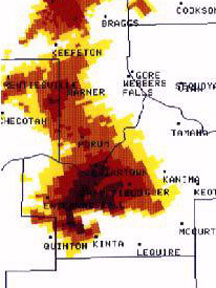An example of detection of a hook echo using radar
NWSFO/Tuslas, OK
Does wind have an effect on radio waves?
Wind does not have an effect on radio
waves. Radio waves have a long wavelength. Wind
cannot
affect radio waves because the air particles associated with wind are far too
small for the radio wave to bounce off of. Radio waves can only bounce off of
large objects.
Wind can be measured by Doppler radar.
Doppler radar uses microwaves instead of radio waves. Microwaves are a lot
smaller and can detect small things such as
clouds, dust, and precipitation.
A Doppler radar dish sends out pulses of microwaves into the atmosphere. The
microwaves bounce off objects (clouds, precipitation, and dust
particles) and bounce
back to the radar dish. The returned waves tell meteorologists how far away
the object is, as well as whether it's moving toward or away from the dish.
Since clouds, precipitation, and dust particles are moved by the wind,
meteorologists can determine the speed and direction of the wind! In fact, a
special type of instrument called a wind profiler uses Doppler radar to
determine wind speed and direction every day. And you thought meteorologists
only used weather vanes!
Submitted by John (Ohio, USA)
(February 16, 1998)
You might also be interested in:
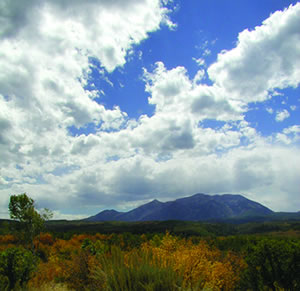
Clouds can come in all sizes and shapes, and can form near the ground or high in the atmosphere. Clouds are groups of tiny water droplets or ice crystals in the sky and are formed by different processes.
...more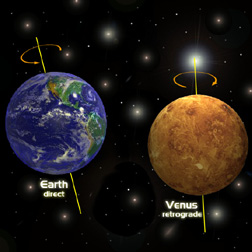
It depends on which type of motion you are asking about. If you take a birds-eye view from the top of the solar system all the planets orbit around the Sun in a counter-clockwise (or direct) direction.
...more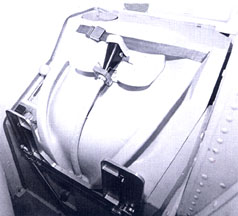
Almost everyone has a question or two about living in space. What do astronauts do in space? How do they do everyday things like eat, sleep and go to the bathroom? It's important to note that astronauts
...more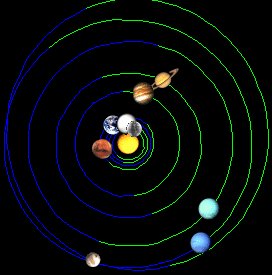
There is a really neat internet program called Solar System Live that shows the position of all of the planets and the Sun for any given day. If you go to that page, you'll see an image similar to the
...more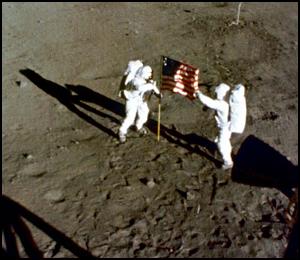
The picture of the American Flag (the one put there by the Apollo astronauts) is waving (or straight out) in the wind. How could that be possible if there is no atmosphere on the Moon? Was it some sort
...more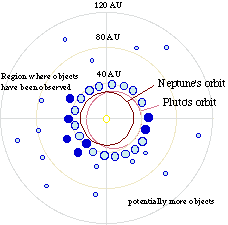
I was wondering if there is a new planet? Are there planets (a tenth planet?) after Pluto belonging to our solar system? What are the names of the new planets discovered in the solar system? Are there
...more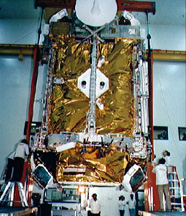
If that is so, the energy released during the Big Bang must have created many such black holes. Therefore most of the Energy of the Big bang must have disappeared in that form. Then how did the Universe
...more
